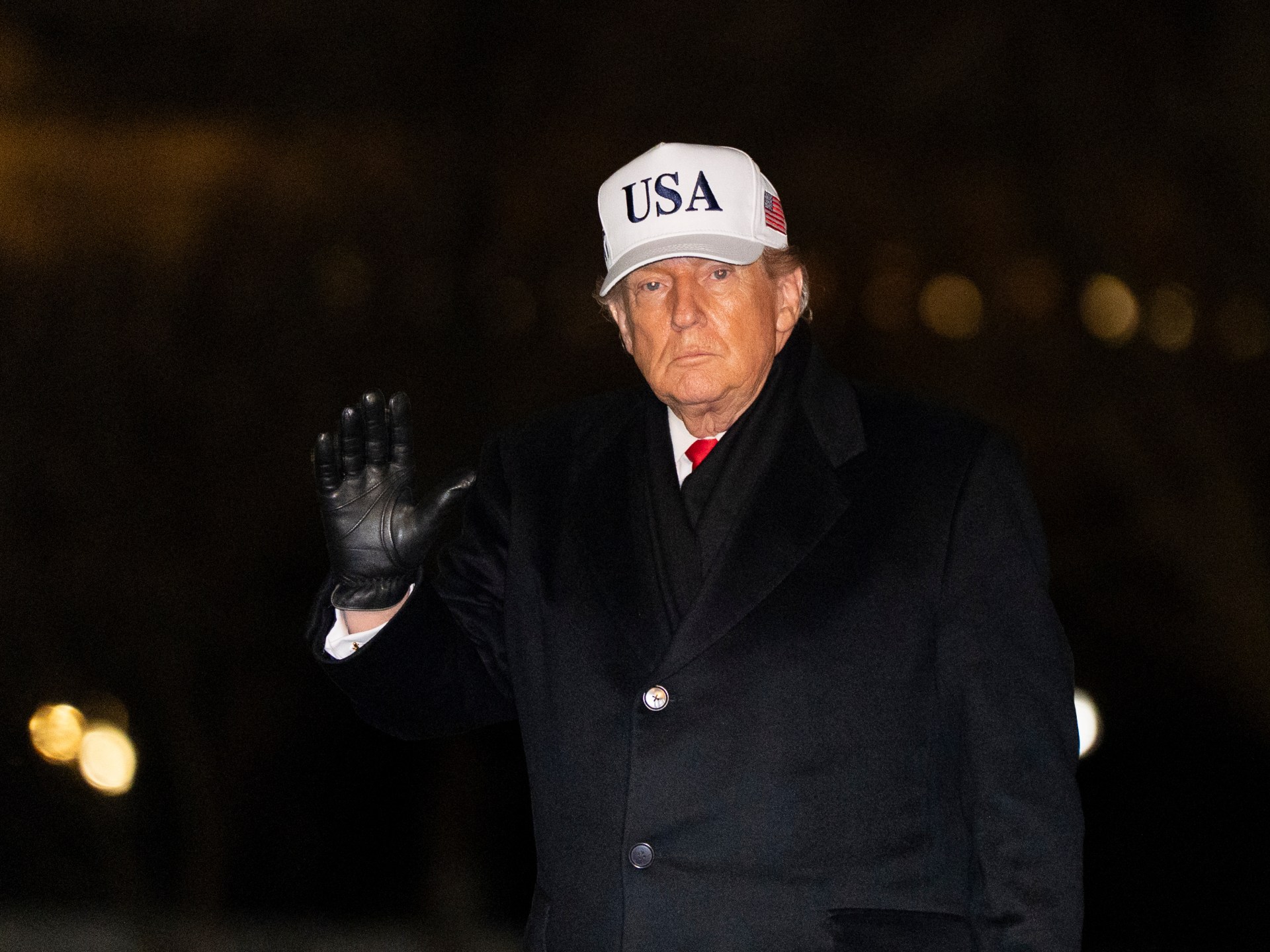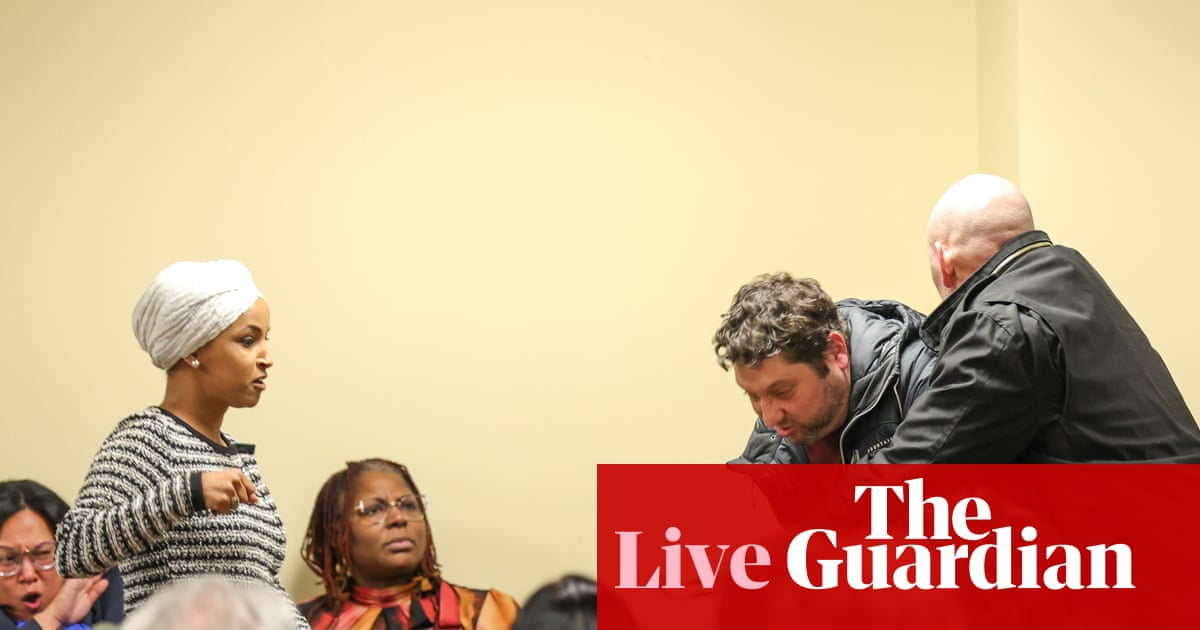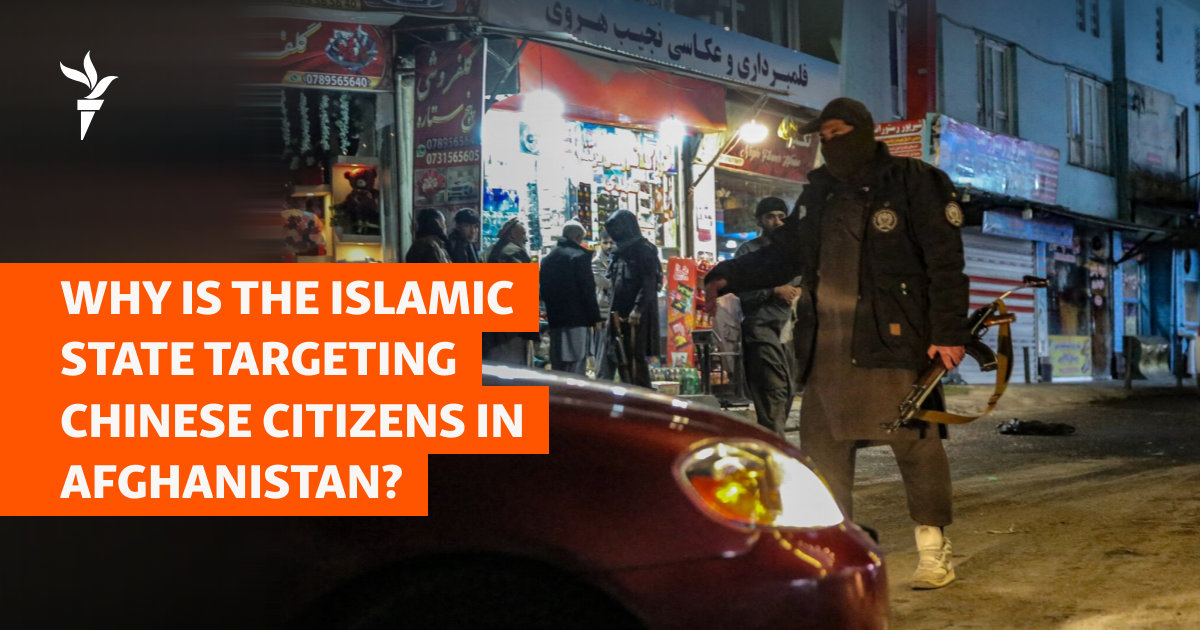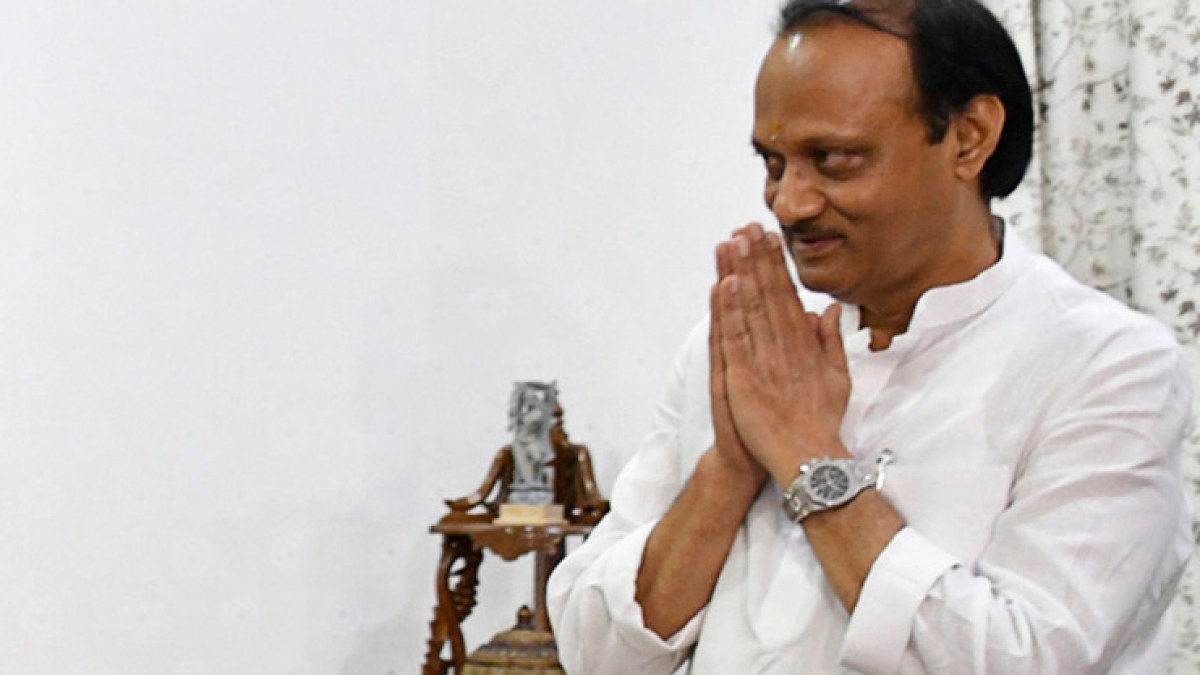U.S. President Donald Trump speaks to reporters about the Israel-Iran conflict, aboard Air Force One on June 24, 2025, while traveling to attend the NATO summit in The Hague in the Netherlands.
Brendan Smialowski | Afp | Getty Images
U.S. President…

U.S. President Donald Trump speaks to reporters about the Israel-Iran conflict, aboard Air Force One on June 24, 2025, while traveling to attend the NATO summit in The Hague in the Netherlands.
Brendan Smialowski | Afp | Getty Images
U.S. President…

DEVELOPING STORYDEVELOPING STORY,
Published On 28 Jan 2026
President Donald Trump has revived the threat that the United States is ready to launch a military attack against Iran as he…

Unlock the White House Watch newsletter for free
Your guide to what Trump’s second term means for Washington, business and the world
Donald Trump has warned Iran that “time is running out” to reach a deal to avert US military action as he…

Airports across Asia have been put on high alert after India confirmed two cases of the deadly Nipah virus in the state of West Bengal over the past month.
Thailand, Nepal and Vietnam are among the countries screening airport arrivals over fears…

When Donald Trump was asked in an interview with ABC on whether he saw the video of the spray attack on Ilhan Omar, he said, “No, I don’t think about her.”
I think…

The bombing earlier this month on a Chinese hotel restaurant in Kabul, claimed by a regional affiliate of the Islamic State extremist group, has raised new questions about the its operations in Taliban-run Afghanistan and what analysts say is an…

A private plane carrying Ajit Pawar, the deputy chief minister of India’s Maharashtra state, crashed on Wednesday, killing him and four other people on board, authorities said.
The aircraft was en route to Baramati, Pawar’s home city, from…